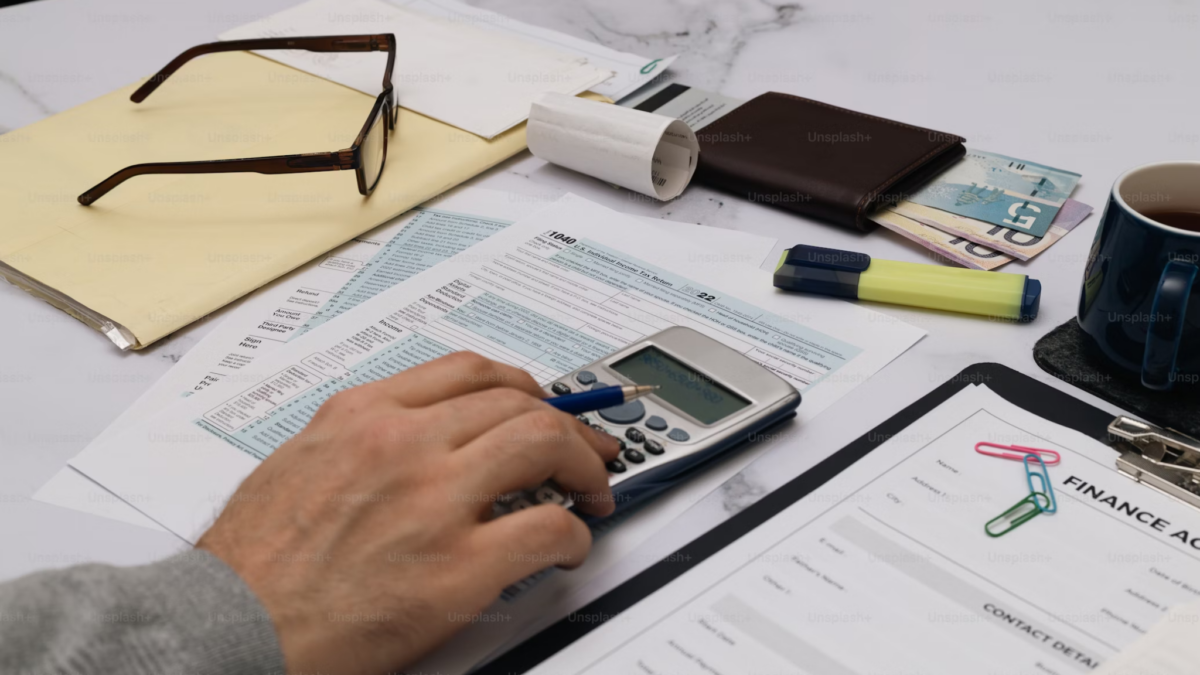
How Injury Attorneys Transform Lowball Offers into Million-Dollar Wins
November 15, 2024
Adjusting Your Immigration Status in Miami: When to Seek Legal Advice
November 15, 2024Commercial transactions are common in business. Whenever a corporate entity decides to buy, sell, or acquire another company, they need to make sure that the deal is good for them. If there are legal complications or issues with regulation compliance, the deal may affect the organisation’s reputation. This is why most companies conduct a process called due diligence before making a crucial business decision.
Due diligence helps organisations clearly understand the target company they are planning to do business with. Businesses often need to hire experts from a trusted commercial law firm to conduct due diligence before executing a commercial transaction. Apart from the legal aspect of the deal, the process also pays attention to the financial, economic, fiscal, and operational aspects of a business deal.
What Is Due Diligence?
Due diligence refers to a systematic approach to analysing and mitigating risk from an investment or business decision. It involves thorough investigation, audit, or review to confirm factors or details of a subject under consideration. In commercial due diligence (CDD), a prospective buyer audits the commercial activity, long-term viability, and potential of a target company.
In a commercial transaction, where a business decides to buy, sell, or merge with another company, the evaluation provides a comprehensive overview of the target company’s current market position and growth potential. It typically involves reviewing the target company’s legal documents and information to identify potential legal risks or liabilities.
Understanding the Commercial Due Diligence Process
Commercial due diligence is typically a long and complex process that requires extensive, in-depth research into a potential company. The process includes the following stages:
Initial Assessment and Planning
In this stage, the buying party defines the process’s scope and objective. This allows them to establish clear goals and outcomes to guide the assessment.
Assembling the Due Diligence Team
The due diligence process requires a diverse team with expertise in law, finance, operations, technology, and other relevant areas. The company conducting the process must ensure that each team member brings a unique perspective to the assessment.
Understanding the Business Model of the Target Company
Explore the depths of the target company’s business model and operations. Get major insights into how the company generates revenue and delivers value.
Analysing Financial Statements
In this step, the team needs to evaluate the target company’s financial stability and solvency. It allows the due diligence team to determine the company’s ability to meet financial obligations.
Identifying Financial Risks and Liabilities
Due diligence also examines potential financial risks associated with a deal. The team needs to look for debt obligations, contingent liabilities, and credit risks and assess their impact on the business.
Reviewing Legal Structures and Compliance
The team should assess the target company’s legal structure, ownership, and compliance with regulatory requirements. A major objective of due diligence is to identify any legal issues or non-compliance areas.
Examining Intellectual Property and Contracts
This step involves assessing intellectual property assets, including trademarks, patents, and copyrights. The team must also review contracts and agreements to understand obligations and commitments.
Assessment of Litigation and Legal Disputes
The team must investigate any current or historical litigation or legal disputes involving the target company. They need to evaluate the potential impact of legal risks on the business.
Evaluation of Business Operations
It is important to analyse the core business operations and operational efficiency. Due diligence must also review the supply chain structure, dependencies, and risks. At the same time, the team must evaluate the company’s infrastructure and technology capabilities.
Analysis of Market and Competitive Position
Analysing the target company’s position in the market and industry is essential in a due diligence process. The team also needs to study market trends and competitive dynamics.
Sales and Marketing Review
The team needs to review customer profiles and preferences, as well as the effectiveness of sales and distribution channels. To better understand the marketing strategy, the team must also assess the company’s brand positioning and marketing strategies while analysing brand value and recognition.
Additionally, the due diligence process must assess the target company’s IT systems, technological infrastructure, environment and social governance, and risk management and contingency planning. The team is also responsible for compiling and presenting all findings in a clear and structured manner to help the business make informed decisions.
Significance of Due Diligence in a Commercial Transaction
As the world of business gets more and more competitive with each passing day, it has become crucial for every business to evaluate all the relevant matters before making a commercial transaction or business decision. In several cases, businesses overlook the red flags and end up making a bad deal. The due diligence process allows companies to protect their interests and avoid financial and legal complications in the future. Here is what makes this process so crucial:
Verifying Information
Due diligence helps businesses and other organisations confirm that all the details involved in the commercial deal are accurate. The process includes checking relevant financial records, legal documents, and operational details. It helps an organisation avoid any surprises after closing the deal.
Identifying Risks and Opportunities
The due diligence process helps all the parties involved in the transaction identify and review the risks associated with the deal. With proper evaluation, parties can have a clear idea of the legal issues linked to the deal or the companies involved. The process can also help the parties identify opportunities that could benefit them in a commercial transaction.
Understanding the Value of the Transaction
When businesses conduct due diligence, they learn the true value of the deal at hand. Determining the accurate value of the deal is important for reaching a fair agreement for all parties involved. In several cases, businesses take loans to execute such deals. The report can help businesses convince financial institutions the investment is worth it. If not anything, this report will present reassurance that the business will perform in the future.
Getting a Glimpse of Future Market Performance
Due diligence also provides an overview of the market where the target company operates. Potential buyers can use this information to understand how the target company fares against its competitors and what the future holds for them. It provides the buyer with a comprehensive view of the competitive advantage or a lack of it for the target company prior to the transaction.
Wrapping Up
Due diligence is essentially a systematic measure that helps businesses mitigate risks while making a business deal. While the process may seem long and complicated, it is crucial for safeguarding the business’s interests. Even though the process requires expertise in different areas related to a business, a legal expert plays a crucial role in identifying the legal complications and compliance gaps during the commercial due diligence of a company.





